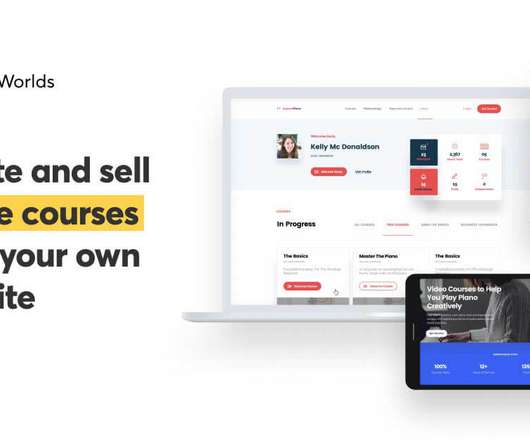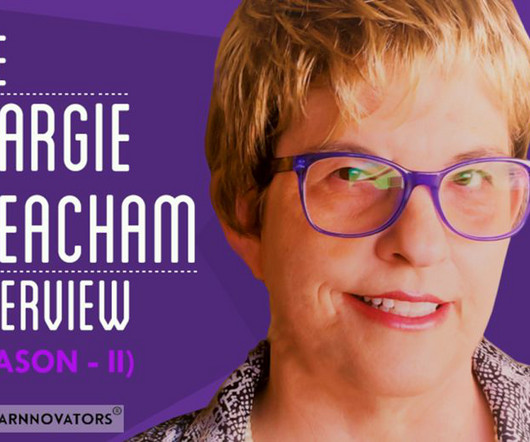Prompting Tips, AI Tools: ID Links 7/2/24
Experiencing eLearning
JULY 2, 2024
I could see this being useful for paid coaching calls. Neuroscience myths 25 Neuroscience Myths Lots of myths from pop psychology about neuroscience (plus a few from cognitive psychology or other non-neuro fields). Upcoming events Gathering SME Stories to Craft Relevant and Engaging Scenarios. Tuesday, October 22, 3:00 PM ET.














































Let's personalize your content